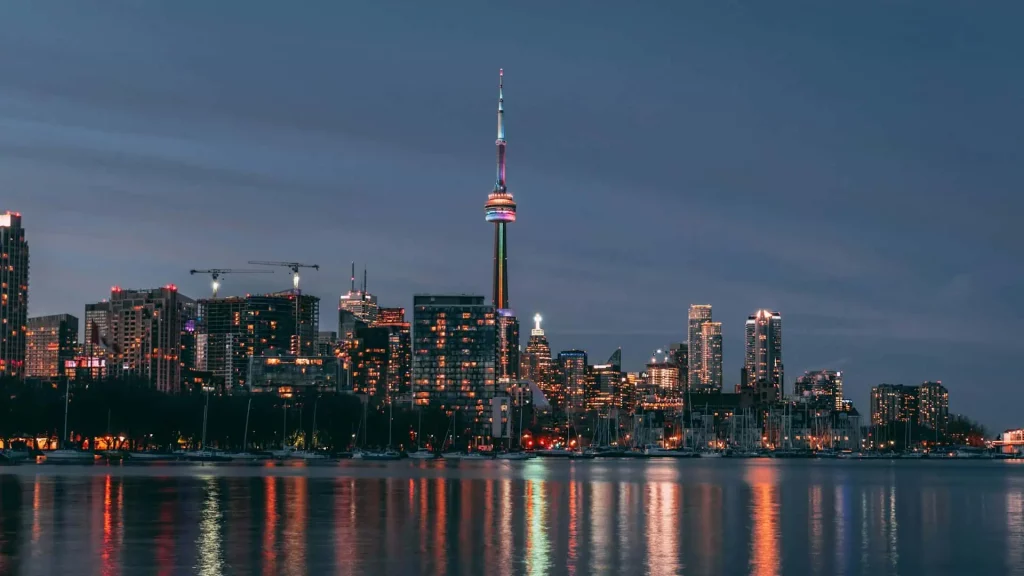Yes, a Change of Use permit is required if you plan to repurpose a commercial space for a different type of occupancy or business function—for example, converting a retail store into an office, a warehouse into a restaurant, or a residential unit into a clinic.
🏢 **What qualifies as a “change of use”?
A change of use occurs when the intended function of the space differs from its original or legally established use, as classified under the Ontario Building Code. Even if no physical construction is planned, changing the use can still affect the building’s compliance with zoning, fire protection, structural requirements, and accessibility standards.
🧾 When is a Change of Use permit required?
You will need a Change of Use permit if:
- The new use falls under a different Building Code occupancy classification (e.g., from retail to assembly or office to medical)
- The change increases the risk level or building load (e.g., public access, equipment weight, or plumbing requirements)
- You are applying for a business license that differs from the previous tenant’s use
⚠️ Why it matters
A change in use may trigger mandatory upgrades to bring the building or unit up to current code, such as:
- Fire separation or sprinkler systems
- Barrier-free accessibility (AODA compliance)
- Additional plumbing or HVAC capacity
- Structural reinforcements
- Exit and egress requirements
🏙️ Toronto-specific considerations
In the City of Toronto, a zoning review is typically conducted to ensure the new use is permitted under the applicable zoning bylaw. If not, a zoning variance or amendment may be required in addition to the Change of Use permit.
✅ Next Steps
Before signing a lease or purchasing a commercial space, it’s wise to:
- Consult with a qualified architect or designer
- Request a Property Information Report from the City
- Speak with a permit specialist or general contractor experienced in change-of-use projects
Failing to obtain the correct permits can result in legal issues, fines, or business license delays.
For full requirements, visit the City of Toronto Building Permits Portal or contact a professional to help assess your specific situation.





